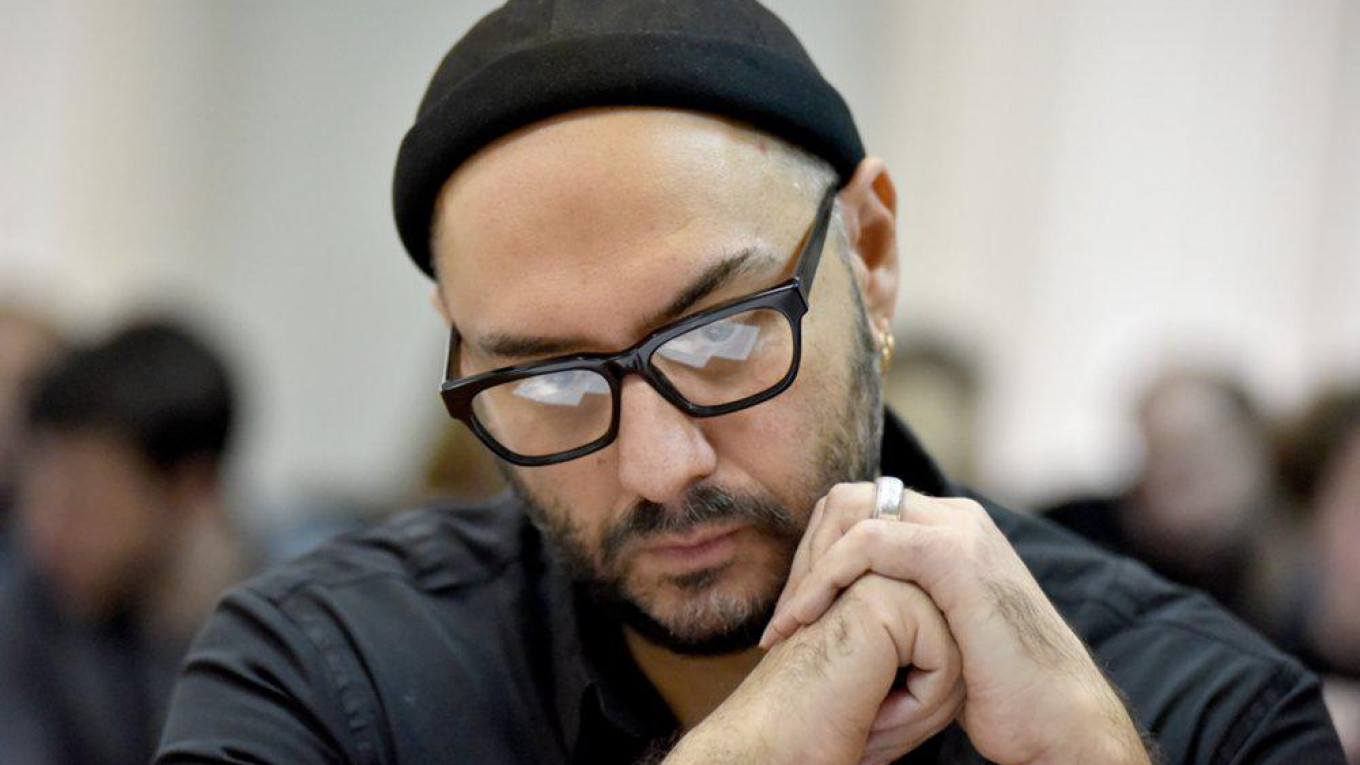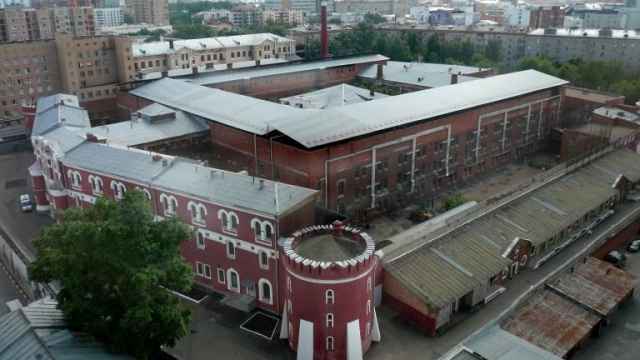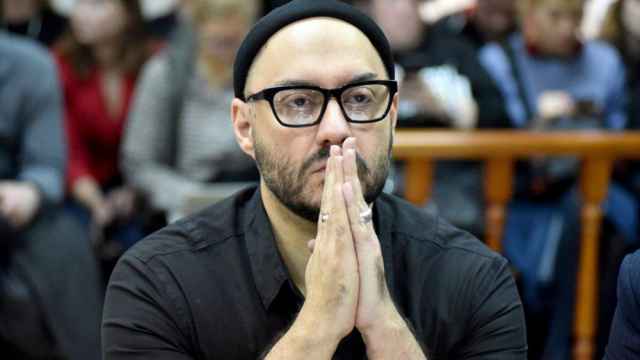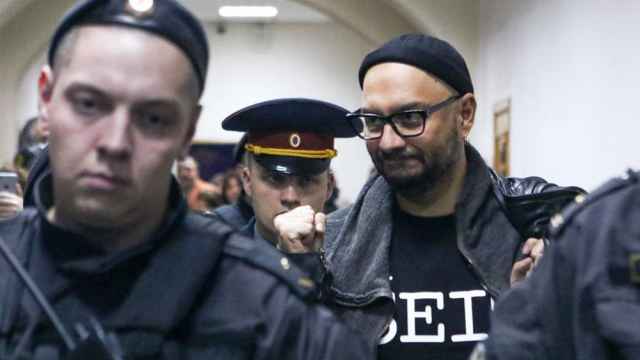The head of Russia's Investigative Committee said that a confiscation order has been placed on the property of arrested theater director Kirill Serebrennikov in Germany — including an apartment, cars and cash.
Serebrennikov, the director of Moscow’s Gogol Center, was arrested in August and placed under house arrest on charges of embezzling 68 million rubles ($1.1 million) of government funds in a case that critics argue is politically motivated.
In October, Serebrennikov and other defendants in the case had their house arrest extended until January 2018.
"For the purposes of ensuring compensation for the damages caused by the crime, investigators are arresting the accused's assets," Alexander Bastrykin, the head of the Investigative Committee, was cited as saying Thursday by the state-run Rossiiskaya Gazeta daily.
Serebrennikov's confiscated apartment in Germany, valued at €300,000, was acquired by the director around the time of the embezzlement, Bastrykin said. Other assets under arrest include cars, jewelry and cash, he said.
Speaking to The Moscow Times, Serebrennikov’s lawyer, Dmitry Kharitonov, confirmed the court order but said he knew "little else."
"Now the documents have to be sent to Germany and then it’s up to the Germans whether they will follow through," he said. "I’m not sure what’s going to be done. At this point all I know is that the court has approved it.”
Someone wants “to create the impression that Kirill was stealing and using the money to buy an apartment,” Kharitonov told the RBC outlet earlier.
On Wednesday, the Moscow City Court also ordered the confiscation of the Gogol Center’s piano, the state-run RIA Novosti news agency reported. The piano, which is used for performances, will remain in the theater, but actors will be "forbidden from playing it," Serebrennikov's lawyer was cited as saying.
Although Russia’s Culture Minister Vladimir Medinsky insists that Serebrennikov’s arrest has nothing to do with politics, a number of prominent cultural figures have criticized the case and have offered to serve as guarantors for his release from pre-trial detention.
A Message from The Moscow Times:
Dear readers,
We are facing unprecedented challenges. Russia's Prosecutor General's Office has designated The Moscow Times as an "undesirable" organization, criminalizing our work and putting our staff at risk of prosecution. This follows our earlier unjust labeling as a "foreign agent."
These actions are direct attempts to silence independent journalism in Russia. The authorities claim our work "discredits the decisions of the Russian leadership." We see things differently: we strive to provide accurate, unbiased reporting on Russia.
We, the journalists of The Moscow Times, refuse to be silenced. But to continue our work, we need your help.
Your support, no matter how small, makes a world of difference. If you can, please support us monthly starting from just $2. It's quick to set up, and every contribution makes a significant impact.
By supporting The Moscow Times, you're defending open, independent journalism in the face of repression. Thank you for standing with us.
Remind me later.






